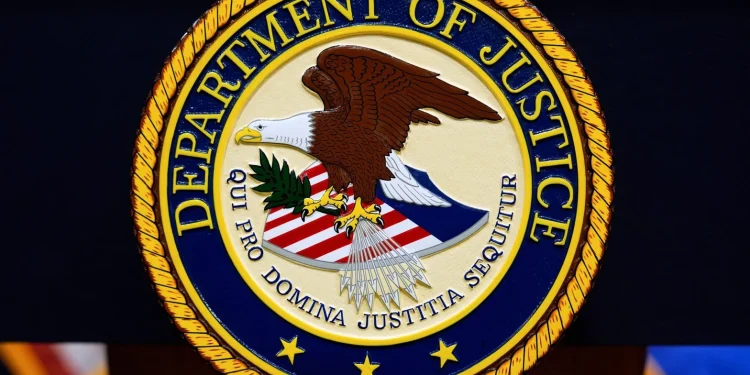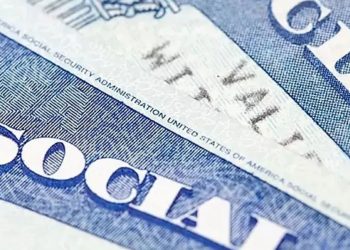A Defense Department IT specialist made his first federal court appearance Friday after being arrested this week for allegedly violating the Espionage Act.
Nathan Vilas Laatsch stands accused of attempting to pass top secret information to what the FBI called a “friendly” nation.
He intended to share the classified data both as a protest and to show good faith in seeking citizenship in the unnamed foreign country.
Court filings reveal Laatsch expressed frustration with the Trump administration in emails, claiming it did not serve the best interests of the United States.
He attempted to hand over the classified material to an undercover FBI agent at a public park in Alexandria, Virginia, a suburb of Washington, D.C.
Laatsch worked in the Insider Threat Division at the Defense Intelligence Agency, which advises defense policymakers on foreign military plans and threats to U.S. security.
The FBI was alerted in March by an anonymous source that Laatsch was trying to connect with a foreign government.
Instead, an undercover FBI agent responded, posing as a representative of that nation.
In one email to the agent, Laatsch allegedly wrote, “I do not agree or align with the values of this administration and intend to act to support the values that the United States at one time stood for. To this end, I am willing to share classified information that I have access to, which are completed intelligence products, some unprocessed intelligence, and other assorted classified documentation.”
Dressed casually in a tee-shirt and sweatpants, Laatsch appeared briefly Friday in U.S. District Court in Alexandria. He remains in custody, awaiting a bond hearing next Wednesday.
He faces charges under the Espionage Act for gathering defense information to aid a foreign government.
Laatsch could face life in prison or the death penalty, though the Justice Department has yet to announce what sentence it will pursue.
Sue J. Bai, head of the Justice Department’s National Security Division, said, “When someone entrusted with access to classified information attempts to provide it to a foreign government, it jeopardizes our intelligence capabilities, our military advantage and the safety of our nation.”
She called Laatsch’s actions “a profound betrayal of the American people and a direct threat to our national security.”
Surveillance footage of Laatsch’s workstation provided part of the evidence.
The video reportedly shows him accessing classified files, copying them onto a notepad, and then hiding the notes in his socks or lunchbox, according to an FBI affidavit.
He allegedly delivered the secret information to the undercover agent via a thumb drive and nine typed documents, left in the Alexandria park. The materials were classified as secret or top secret.
One document revealed “sensitive methods of intelligence collection, intelligence related to foreign military exercises, and analysis of the impact of those military exercises,” the affidavit said.
Laatsch told the agent he sought “citizenship for your country” in exchange. Although he might accept money, he wasn’t necessarily seeking “material compensation,” prosecutors said.
At 28, Laatsch has held a top-secret clearance since joining the Defense Intelligence Agency in 2019. He earned a cybersecurity degree from Florida Polytechnic University in 2018.
His role involved monitoring computer activity of individuals under investigation. Until now, he had no criminal record.
The FBI also reported that Laatsch told the undercover agent he could detect if anyone suspected him and knew how to avoid “stupid mistakes” that triggered probes of other government workers.









